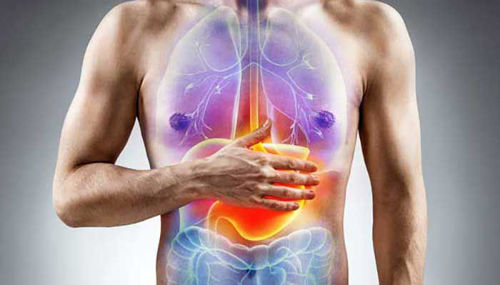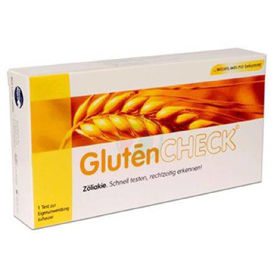Ascites are a build-up of fluid in your abdomen. It often occurs as a result of cirrhosis, a liver disease. Talk to your doctor if you have cirrhosis and notice that you quickly gain weight.

If the condition is severe, ascites can be painful. This problem may make it very difficult for you to move. In addition, ascites can set the stage for an infection in your abdomen. Fluid can also move into the chest and surround the lungs, making breathing more difficult.
The most common cause of ascites is cirrhosis of the liver. However, various types of cancer can also cause this condition. Ascites caused by cancer most often occur with advanced or recurrent cancer. Other problems, such as heart disease, dialysis, low protein levels, or infection, can cause ascites.
Fluid accumulation rarely occurs in otherwise healthy people. Instead, it develops due to other diseases, most often liver cirrhosis. About half of people with decompensated cirrhosis will develop ascites. Cirrhosis accounts for approximately 80% of ascites cases.
Symptoms
Symptoms can develop slowly or suddenly, depending on the cause of ascites. You may not have symptoms if only a tiny amount of fluid is in your abdomen. As more fluid accumulates, you may experience abdominal pain and possible bloating.
Large amounts of liquid can cause difficulty breathing. This happens because the fluid pushes the diaphragm up, compressing the lungs' lower part. Many other symptoms of liver failure may also be present.
The doctor will perform a physical exam to determine if the swelling is due to fluid accumulation in the abdomen.
It may also make sense to do the following tests to assess liver and kidney function:
- 24-hour urine collection
- electrolyte levels
- kidney function tests
- liver function tests
- bleeding risk tests and blood protein level tests
- urine analysis
- abdominal ultrasound
- Abdominal CT
Your doctor may also use a thin needle to collect ascites fluid from your abdomen. The fluid is tested to determine the cause of the ascites and to see if the fluid is infected.
Treatment
Limiting sodium in your diet is critical to treating ascites. For people with ascites, the recommended sodium intake is less than 2,000 to 4,000 milligrams per day. A dietitian can help you create a healthy eating plan. You may also need to take diuretics (water tablets). Diuretics help the accumulated fluid and sodium to leave the body.
Sometimes diuretics and a low-sodium diet are not enough to improve ascites.
You may need other treatments, including:
- Paracentesis: a needle is inserted into your abdomen to remove the fluid. This procedure can remove a large amount of excess fluid.
- Transjugular intrahepatic portosystemic shunt (TIPS): this procedure treats fluid accumulation in the abdomen. A wire mesh (stent) is inserted into a vein in the liver. When inflated, the stent forms a channel (shunt) that bypasses the liver.
- Liver transplant: A liver transplant may be necessary in cases of severe cirrhosis where the liver is failing.
Specific steps that will help you prevent liver cirrhosis and cancer can also prevent ascites.
These include:
- cessation of drinking alcohol
- maintaining a healthy body weight
- regular exercise
- ceasing smoking
- restriction of salt in the diet
- safe sex...










 Facebook
Facebook
 Instagram
Instagram
 info@moja-lekarna.com
info@moja-lekarna.com

